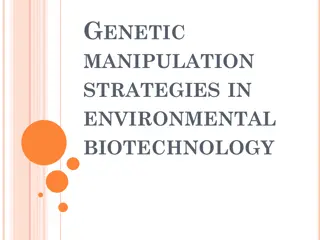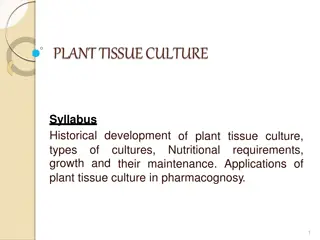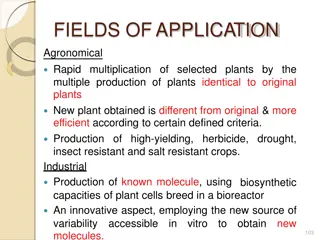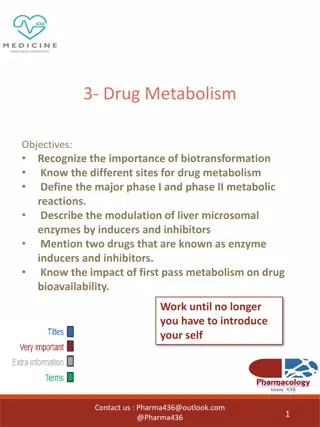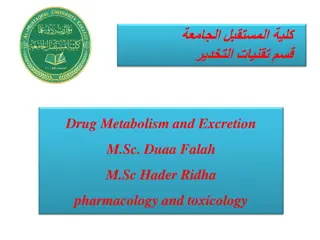Genetic Manipulation in Environmental Biotechnology
Genetic manipulation strategies in environmental biotechnology involve techniques like gene splicing and molecular cloning to modify genes directly. These methods have various applications such as isolating genes, producing specific molecules, improving biochemical production, creating organisms wit
0 views • 20 slides
Plant Tissue Culture: Historical Development, Techniques, and Applications
Plant tissue culture is an experimental technique that involves the in-vitro cultivation of plant cells to produce secondary metabolites, regenerate plants, and study organogenesis. This process allows for the maintenance of disease-free plant material, biosynthetic pathway tracing, and cell immobil
0 views • 21 slides
Plant Tissue Culture Applications in Agriculture and Biotechnology
Plant tissue culture technology is a versatile tool used in agronomy and biotechnology for rapid multiplication of selected plants, production of high-yielding, herbicide, drought, insect, and salt-resistant crops, as well as the generation of phytopharmaceuticals, secondary metabolites, and novel c
0 views • 17 slides
Understanding Drug Metabolism: Importance and Mechanisms
Drug metabolism is a crucial process in the body that transforms drugs into forms easily excreted, affecting their efficacy and toxicity. This involves different sites such as the liver, kidney, and plasma, with enzymes in cellular organelles like cytoplasm and mitochondria playing key roles. First-
0 views • 13 slides
Understanding Drug Metabolism and Excretion in Pharmacology
Drug metabolism involves the biotransformation of pharmaceutical substances in the body, primarily in the liver, to facilitate their elimination. This process helps convert drugs into less active forms for enhanced elimination through various reactions in Phase I and Phase II metabolism. Factors suc
0 views • 20 slides
